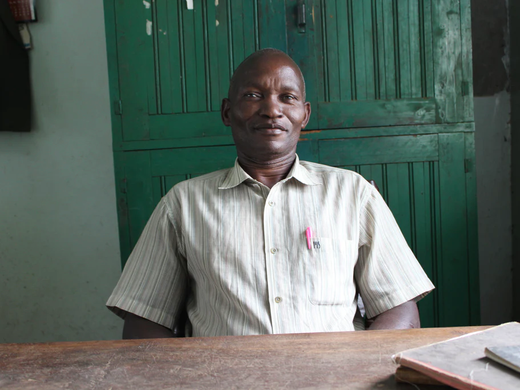
AB KAGUYU / KENYA
AB Kaguyu
Flavor Profile:
Grapefruit, Apricot, Herb Tea, Raw Sugar
Bright citrus acidity reminiscent of grapefruit, followed by stone fruit notes like apricot and subtle berry flavors. A floral aroma similar to herb tea mixed with dried berries, with a rich, lingering sweetness of raw sugar.
Country of Origin: Kenya
Factory: Kaguyu Factory
Cooperative: Inoi Farmers Cooperative Society
Region: Kirinyaga
Varieties: SL28, SL34, Ruiru 11, Batian
Process: Washed
Altitude: 1400 masl
Harvest Season: 2024
This coffee is produced at the Kaguyu Factory, operated by the Inoi Farmers Cooperative Society.
The Kaguyu Coffee Factory is located in the Kaguyu area in northern Inoi, within Kirinyaga County, at an altitude of 1400 meters. Kirinyaga County lies about 192 kilometers northeast of Nairobi and borders the well-known Nyeri and Embu counties. This region is characterized by mineral-rich red volcanic loam soils and high-altitude conditions, ideal for coffee cultivation.
Factory manager Wilson Wanjohi oversees the operations at the Kaguyu Coffee Factory with his team, managing coffee weighing, sorting and grading, farmer payments, and addressing farmer requests.

AB Kaguyu delivers a fresh citrus acidity, transitioning into flavors of stone fruits like apricot and subtle hints of berries. The aroma is sweet and floral, reminiscent of herb tea with dried berries and flowers. As the coffee cools, a rich, deep raw sugar sweetness develops, offering a vibrant and smooth coffee experience.

Most Kenyan coffees, including AB Kaguyu, are processed using the washed method.
After harvesting, coffee cherries are carefully hand-picked and transported to wet mills or collection points. Unripe and defective cherries are removed, and the remaining cherries are weighed before entering the washing process.
The cherries are soaked in water to remove any floaters (unripe or defective cherries). A disc pulper removes the outer skin and pulp, leaving the parchment coffee intact. The coffee is then washed and separated by density, with heavier, higher-quality beans sinking to the bottom.
After washing, the coffee undergoes overnight dry fermentation to remove mucilage from the parchment. Following fermentation, the coffee is washed again in channels and then soaked in clean water for 24 hours. This soaking step enhances the coffee's protein and amino acid content, contributing to its complex acidity and clarity.

Finally, the coffee is dried on raised African beds, where it is regularly turned for even drying and defect removal. The drying process can take 1 to 3 weeks, depending on the climate and processing volume, until the beans reach a moisture content of 11–12%.
Kenyan coffee is known for its transparency, with small lots clearly graded and traceable. Farmers know precisely how much of the proceeds return to them after processing costs. Some factories return up to 90% of the sales revenue to farmers, ensuring high levels of trust and collaboration within the coffee supply chain.



